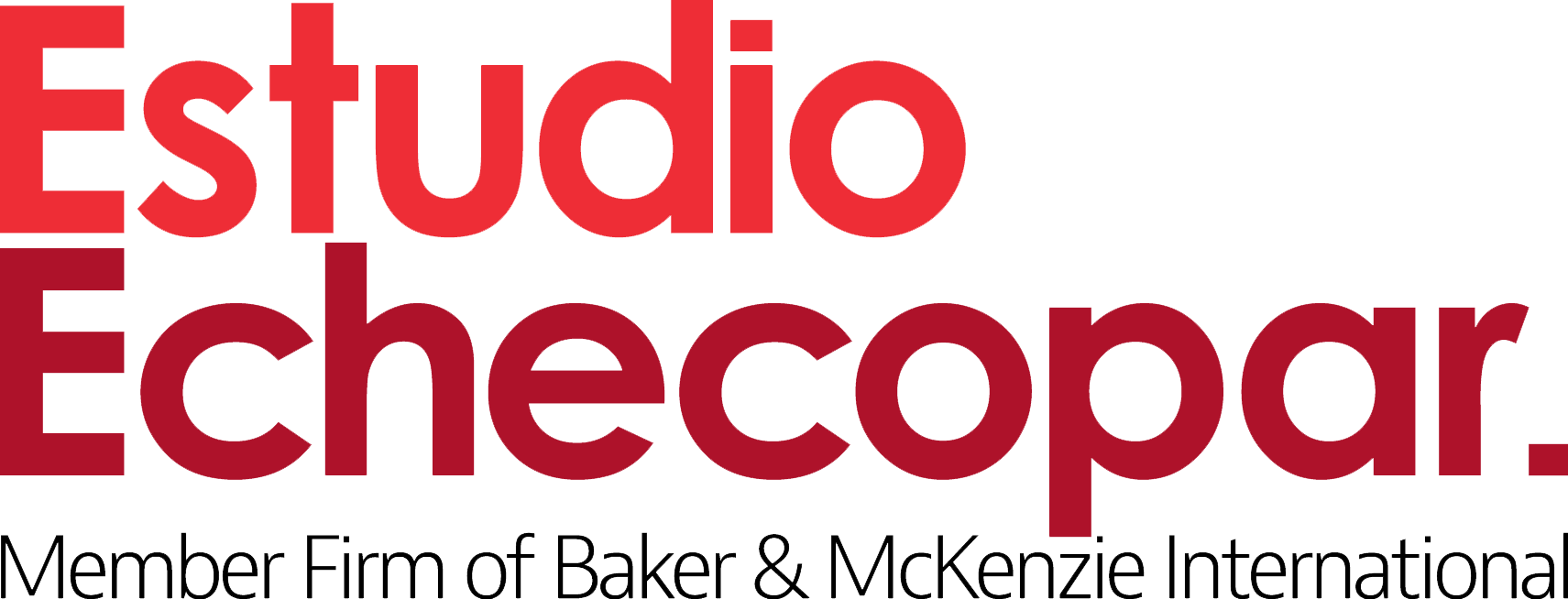In brief
Last 30 May, Supreme Decree No. 006-2023-MINAM (“Norm“) was published, whose Fourth Final Complementary Provision establishes that the Single Procedure of the Environmental Certification Process (PUPCA) is suspended until 1 January 2025, for all stages, requirements, deadlines and other aspects related to the environmental certification process in charge of SENACE.
In depth
During the suspension period of the PUPCA, the regulations in force within the framework of the Environmental Impact Assessment System (SEIA), including the sectorial Environmental Protection and Management Regulations (collectively, the “Sectorial Regulations“) will be applicable.
What is the PUPCA?
As you may recall, the PUPCA is intended to regulate the stages, requirements, deadlines and other aspects related to the single environmental certification process in charge of SENACE, applicable to investment projects subject to the SEIA, as well as its modifications, and whose environmental assessment is in charge of SENACE.
The PUPCA is applicable to the following environmental certification procedures (“Certification Procedures“):
- Classification of the investment project
- Approval of the Terms of Reference
- Modification of the Terms of Reference
- Approval of the Citizen Participation Plan
- Modification of the Citizen Participation Plan
- Approval of the Detailed Environmental Impact Assessment (EIA-d)
- Modification of the EIA-d
- Approval of the Semi-Detailed Environmental Impact Study (EIA-sd)
- Modification of the EIA-sd
- Approval of the Technical Supporting Report
Although SENACE had already been implementing the PUPCA since 19 July 2022, the purpose of the suspension provided by the rule is to finish defining and establishing a series of technical aspects on the evaluation process of the environmental management instruments.
What happens with the environmental assessment procedures initiated?
The “Statement of Reasons of the Rule” clarifies and details the following:
- Certification Procedures that have been initiated applying only the PUPCA will culminate their evaluation process with the PUPCA rules.
- Certification Procedures that have been initiated applying only the Sectorial Standard shall culminate their evaluation process with the Sectorial Standard.
- Certification Procedures that have been initiated with the Sectorial Standard and subsequently have applied the PUPCA shall culminate the evaluation process with the PUPCA standards (i.e., with the standards corresponding to the last procedure or linked act[1]), unless the party in question requests the SENACE not to apply the PUPCA so that its Certification Procedure continues its process with the Sectorial Standard.
We trust that this information will be useful. If you require legal advice on this issue for your company, please do not hesitate to contact us.
Click here to access the Spanish version.
* * * * *

Estudio Echecopar is a member firm of Baker & McKenzie International, a Swiss Verein with member law firms around the world. In accordance with the common terminology used in professional service organizations, reference to a “partner” means a person who is a partner or equivalent in such a law firm. Similarly, reference to an “office”, means an office of any such law firm.
Before you send e-mail to Estudio Echecopar, please be aware that your communications with us through this message will not create a lawyer-client relationship with us. Do not send us any information that you or anyone else considers to be confidential or secret unless we have first agreed to be your lawyer in the matter. Any information you send us before we agree to be your lawyers cannot be protected from disclosure.
@2023 Estudio Echecopar
All rights reserved.
No part of this publication may be reproduced in any form or by any means without the written permission of Estudio Echecopar.



